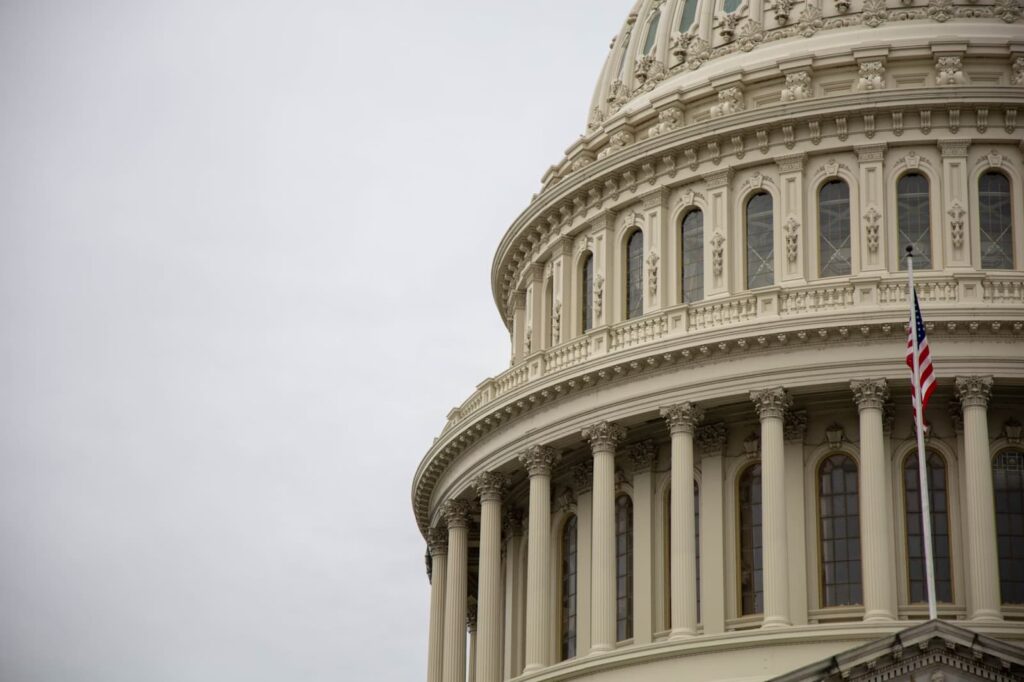The concept of lobbying often sparks skepticism and intrigue, especially when discussing its influence on government policies. A closer look, however, reveals that lobbying can serve beneficial roles within the political landscape. This article sheds light on how lobbying supports governmental functions, enhances decision-making processes, and effectively represents diverse societal interests.
What is Lobbying, and Why Does it Matter?
Lobbying involves individuals, groups, or organizations attempting to influence public officials toward a specific cause or policy. While the term might evoke images of backdoor dealings, the reality is more straightforward and, often, more principled. Lobbyists provide lawmakers with information, expertise, and public feedback, facilitating informed policy decisions that reflect constituents’ needs and the nation’s priorities.
Lobbying connects the electorate with those elected to represent them, ensuring that the lawmaker’s decisions are aligned with the real-world impacts on communities. Lobbyists help translate public demands into actionable policies by fostering this essential dialogue. Moreover, they play a critical role in the democratic process, offering a platform for minor voices that might otherwise go unheard in vast political arenas. Consequently, the presence of lobbyists can significantly enrich the legislative process by introducing a broader spectrum of perspectives and solutions.
The Role of Lobbying in Legislation
How does lobbying benefit the government? Lobbying is pivotal in shaping legislative outcomes, ensuring that laws reflect a balanced amalgam of expertise and societal values. By actively participating in the legislative process, lobbyists can advocate for amendments and provisions that address specific concerns, fine-tuning laws before they are enacted. This dynamic interaction prevents potential legislative oversights and promotes a more holistic approach to law-making. Furthermore, by facilitating ongoing dialogue between policymakers and stakeholders, lobbying helps maintain a legislative environment that is continuously responsive to evolving public needs and challenges.
Informing Policy Decisions
One of the primary benefits of lobbying is its role in educating legislators about complex issues. Lawmakers are tasked with voting on various topics, many outside their initial expertise. Lobbyists can supply valuable data and analysis, helping officials make well-informed choices that benefit their constituents.
This exchange of information ensures that policies are theoretically sound and practically applicable, effectively addressing real-world challenges. Furthermore, lobbyists often bring attention to issues that may be overlooked or underestimated in the legislative process. This can lead to more comprehensive policies encompassing various viewpoints and solutions.
Enhancing Public Representation
Lobbying also serves to bring diverse voices to the table in government decision-making. From environmental groups advocating for sustainable practices to technology firms pushing for innovation-friendly regulations, lobbying ensures that the interests of different sectors and communities are heard and considered.
This inclusive approach helps craft policies that are equitable and representative of the entire populace, reducing the risk of biased or one-sided legislation. It also facilitates a deeper understanding among policymakers about the impacts of their decisions on various groups, fostering greater societal harmony and cooperation. Moreover, by involving multiple perspectives in the dialogue, lobbying enhances the legitimacy and acceptance of governmental actions and policies.
Bridging the Gap Between Public and Private Sectors
Lobbyists often act as intermediaries between the government and private sectors, ensuring a clear channel of communication between them. This relationship can lead to more practical and feasible regulations that benefit the economy and the public. This interaction supports economic growth by aligning business initiatives with public policies and ensures that legislative frameworks adapt to changing market conditions and technological advancements.
Moreover, it promotes transparency and mutual understanding, which are essential for trust-building between governmental entities and private sector stakeholders. Additionally, such collaboration can help quickly address any unintended consequences of new regulations, making it possible to implement necessary adjustments efficiently.

List of Positive Outcomes from Effective Lobbying
Lobbying is often viewed through a lens of controversy, but when executed responsibly, it plays a crucial role in enhancing governmental operations and societal welfare. The practice of lobbying can lead to a host of positive changes that improve legislation and foster a more inclusive and dynamic decision-making process. Here, we analyze several key outcomes that demonstrate the constructive impact of effective lobbying.
- Improved Legislation: Lobbyists help craft more effective and applicable laws by providing expertise and data.
- Stakeholder Engagement: They ensure various stakeholders have a voice in the legislative process, promoting broader engagement and acceptance.
- Economic Advancements: Lobbyists can spur economic growth and innovation by advocating for business-friendly policies.
- Social Benefits: Lobbying for social issues ensures that vulnerable groups receive attention and support through targeted legislation.
The influence of lobbying extends beyond mere political maneuvering; it is a fundamental aspect of a healthy democratic system. Effective lobbying results in legislation more attuned to the country’s economic, social, and environmental needs. By understanding and supporting the positive aspects of lobbying, society can ensure that it serves as a tool for good, helping to shape policies that benefit all segments of the population. Through these concerted efforts, lobbying can transform from a contentious practice into a pivotal element of progressive governance.
Challenges and Ethical Considerations
While lobbying has numerous advantages, it also faces criticism and challenges, particularly regarding ethics and equality of access. Transparent and regulated lobbying practices are crucial to maintaining public trust and ensuring that all groups have equal opportunities to influence public policy.
Moreover, the concentration of lobbying power among a few can lead to an imbalance, where the voices of well-funded organizations drown out those of smaller, less affluent groups. It is essential to implement safeguards that prevent undue influence over policymakers, ensuring that lobbying does not disproportionately skew policy outcomes. Education and awareness about the roles and limits of lobbying can help the public and legislators discern between beneficial lobbying and manipulative tactics. Addressing these issues proactively supports a healthier democratic process where lobbying serves the public interest fairly and effectively.
Conclusion
So, how does lobbying benefit the government? Lobbying plays a pivotal role in the functioning of a democratic government. It aids in creating more informed, effective, and representative laws. By understanding the mechanisms and benefits of lobbying, citizens and lawmakers alike can appreciate its potential to serve the public good. The key lies in maintaining transparent practices and ensuring a balanced representation of all interests, ensuring lobbying remains a constructive force in government.



